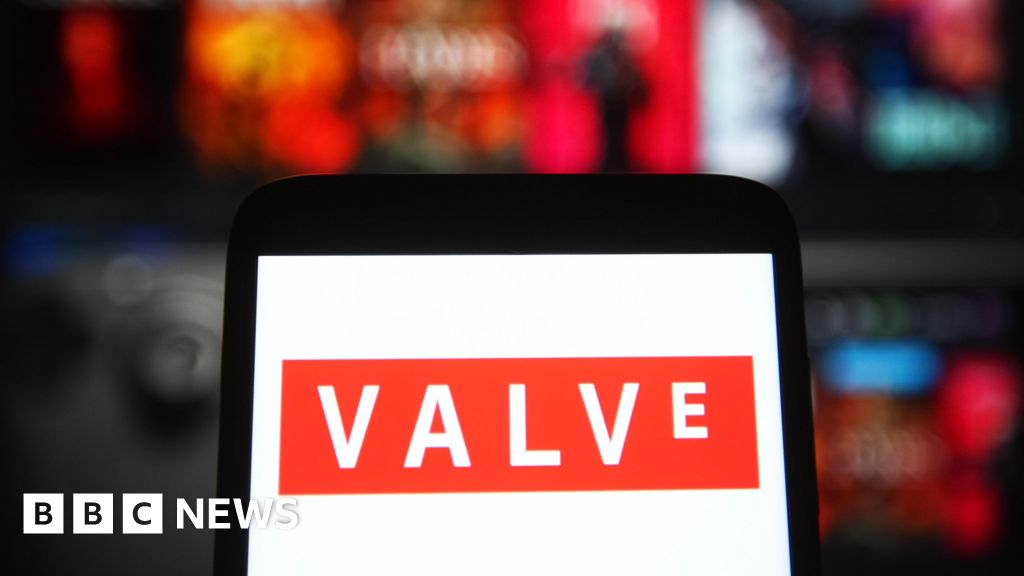#collective-action
#collective-action
[ follow ]
#authoritarianism #climate-change #valve #steam #sustainability #democracy #competition-law #leadership #activism
fromLGBTQ Nation
3 weeks agoAs cynicism takes over the world, Alex Pretti could teach us all about hope - LGBTQ Nation
One political conversation with a gay friend that I'll never forget occurred the night before Election Day in 2016, where my friend told me that he hoped Donald Trump would win so that "The Revolution" would finally happen. The idea, I suppose, was that Trump would make things so bad that it would finally wake up the proletariat of the world, and it would unite in the ultimate class war to overthrow the messed-up liberal world order,
US politics
fromNieman Lab
2 months agoJournalism will break from the hero narrative
that incentivizes stories designed to polarize rather than illuminate. This flattening doesn't just distort our work; it enables erasure and makes authoritarianism's job easier. Authoritarianism thrives on main-character energy. It needs a hero story - a single person to valorize, platform, co-opt, discredit, or remove. Journalism has leaned hard into these toxic individualistic tropes, perpetuating a form of narrative kingmaking that creates a momentum of inevitability that feels impossible to escape.
Media industry
fromEarth911
2 months agoEarth911 Inspiration: The Future Is Still To Be Written
But there is hope, too, as the authors point to effective changes and policies that are contributing to slower warming of the planet: "The future is still being written. Through choices in policy, investment, education, and care for one another and the Earth, we can still create a turning point. It begins by embracing our shared humanity and recognizing the profound interconnectedness of all life on the planet."
Environment
US politics
fromAbove the Law
3 months agoLawyers Marching In Defense Of Democracy Tomorrow Since Supreme Court Doesn't Seem To Care - Above the Law
Law firms' failure to coordinate enabled cooperation with the Trump administration; lawyers are organizing demonstrations to defend the rule of law at the Supreme Court.
fromInside Higher Ed | Higher Education News, Events and Jobs
4 months agoRejecting the Compact Is an Opportunity (opinion)
Of the original nine colleges and universities, so far none has signed, and seven- Brown University, Dartmouth College, the Massachusetts Institute of Technology and the Universities of Arizona, Pennsylvania, Southern California and Virginia -have loudly and forcefully rejected it, citing "our core belief that scientific funding should be based on scientific merit alone" (MIT) and "the government's lack of authority to dictate our curriculum or the content of academic speech" (Brown).
Higher education
fromPsychology Today
4 months agoSteven Pinker on The Recursive Loop That Made Us Human
In Hans Christian Andersen's folktale, The Emperor's New Clothes, when a child cries out that the emperor is naked, he isn't revealing a secret. Everyone already knows it. What changes in that instant is that everyone now knows that everyone else knows. That shift-from mutual knowledge to common knowledge, from private recognition to public awareness-topples the illusion. It's also the central insight of cognitive scientist Steven Pinker's new book, When Everyone Knows That Everyone Knows...: Common Knowledge and the Science of Harmony, Hypocrisy, and Outrage.
Psychology
fromPhilosophynow
4 months agoCollective Action & Climate Change
This argument is problematic given the current threat climate change poses for our lives, for it could lead to apathy and defeatism about the climate crisis. It raises the problem of collective impact, which concerns how the aggregation of individually inconsequential actions can produce a morally bad outcome overall. First, I shall formally set out the argument against us having a moral reason to reduce our individual emissions.
fromThe Cipher Brief
4 months agoFormer U.S. Cyber Chief: Crowdsource Cyber Defense
And so rather than talk about who those actors are that hold them at risk or talk about coalitions of one form or another that might take on coalitions of malign actors, let's talk about the needs of our citizens and that everyone wants to live in a crime-free world. That might sound like a bit of a panacea, but there's no one that would argue against that.
Information security
Women in technology
fromwww.mercurynews.com
9 months agoLawsuit: East Bay-based Workday's hiring technology prevented people over 40 from getting hired
Workday's screening technology faces a lawsuit alleging age and racially discriminatory practices, potentially affecting AI's role in hiring decisions.
Online Community Development
fromNon Profit News | Nonprofit Quarterly
9 months agoBlock, Bridge, and Build: A Framework to Forge a More Democratic Future - Non Profit News | Nonprofit Quarterly
Collective action through the Block-Bridge-Build framework is essential to combat social and political challenges.
Online Community Development
fromPsychology Today
10 months agoWhen "Let Them" Isn't Enough, You Need to Act
Taking collective action often yields greater impact than individual efforts.
Collective efforts bolster the movements that benefit women and girls significantly.
Understanding motivations for collective action can guide better engagement.
[ Load more ]




